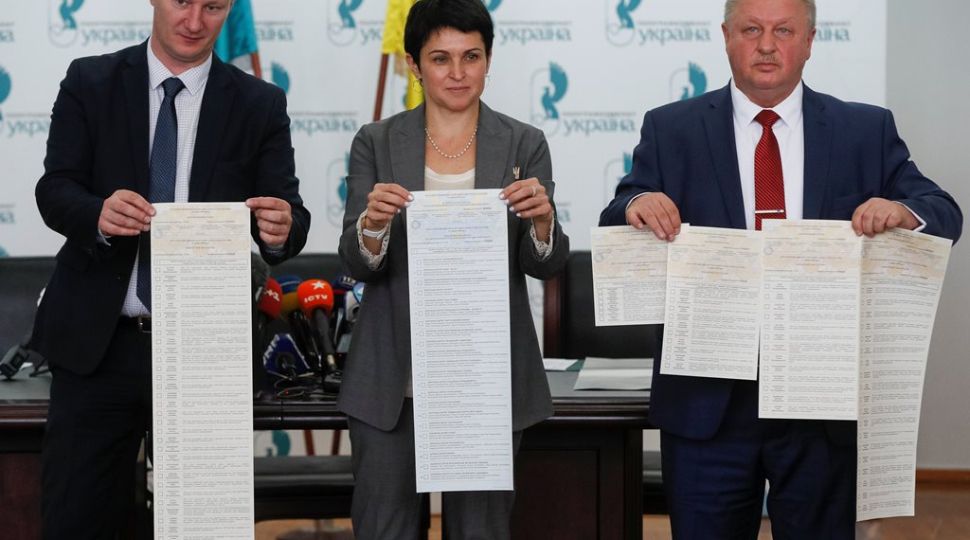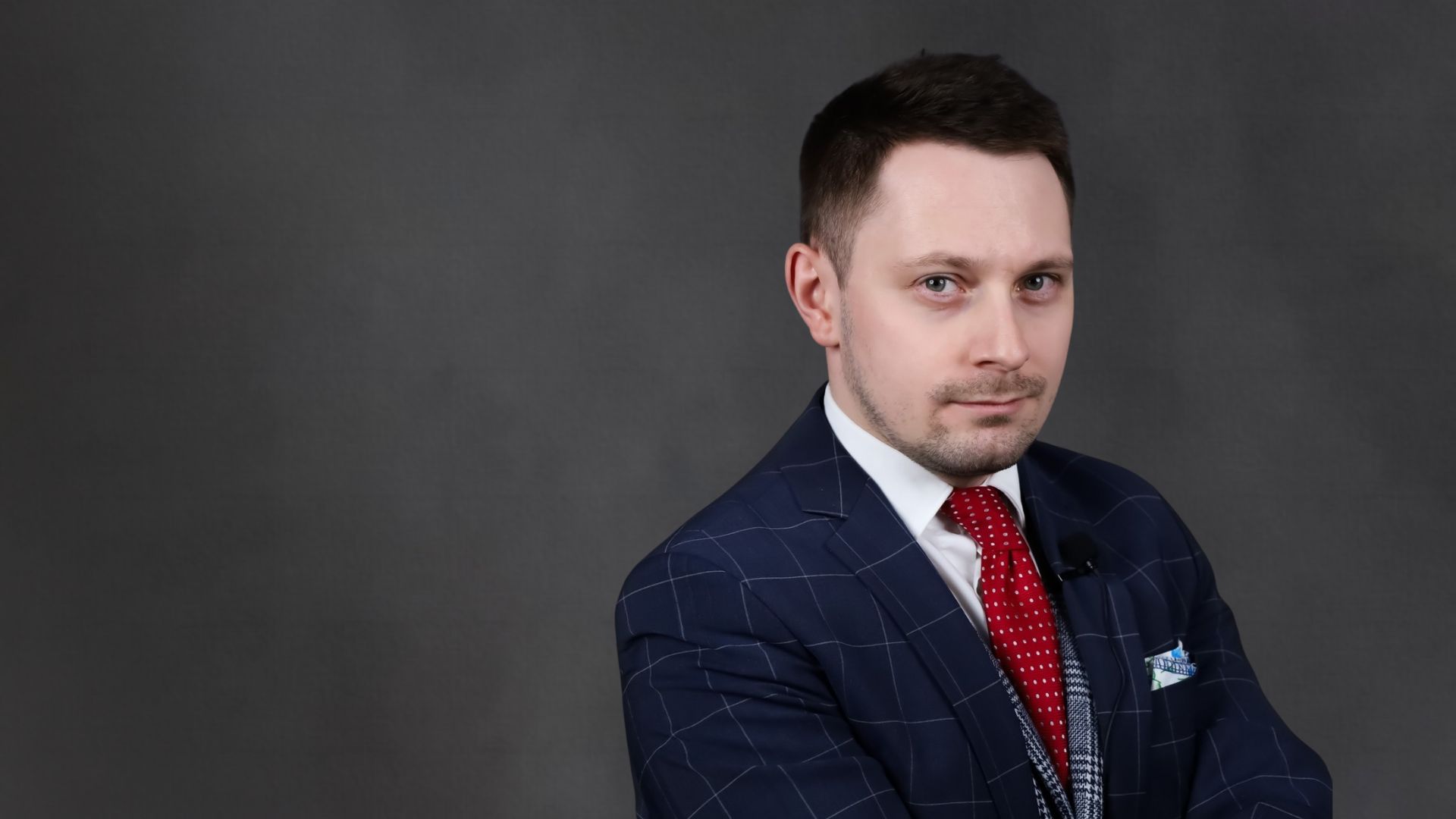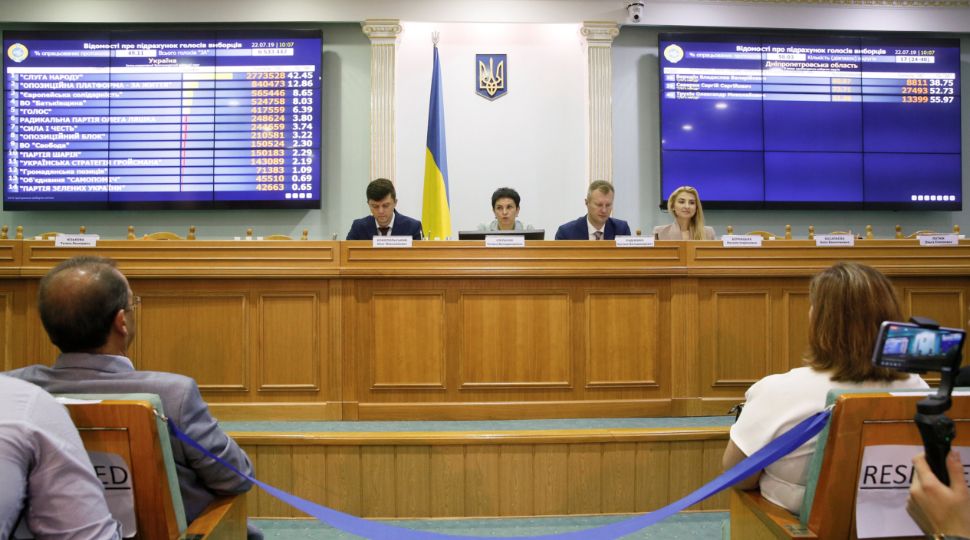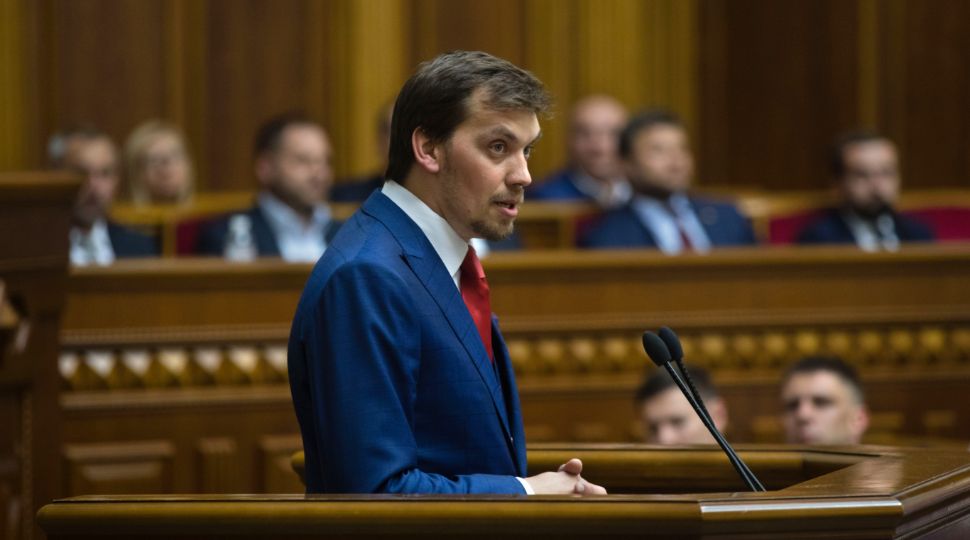Ukraine's Political Parties Ahead of Parliamentary Elections

Fragmentation
On the eve of the parliamentary elections, the Ukrainian political party scene is witnessing far-reaching changes. President Petro Poroshenko’s defeat in his bid for re-election has resulted in the disintegration of his political environment. Prime Minister Volodymyr Hroysman, who comes from Poroshenko’s camp, has decided to stand for election on his own, as the leader of the Ukrainian Strategy party, although it is unlikely that it will pass the 5% electoral threshold. The mayor of Kyiv, the famous boxer Vitaliy Klitschko, also has broken ranks with Poroshenko, even though the mayor’s party, UDAR, has very low support and has only managed to put about a dozen candidates in single-mandate districts. The former president’s party, Poroshenko’s Bloc, weakened by the split, has changed its name to European Solidarity and aspires to become the main opposition party, which would keep guard over Ukraine’s Euro-Atlantic integration. The party may count on 8-10% of the votes, but that would be less than half of what it won (almost 22%) in the previous elections in 2014.
People’s Front, the party of former Prime Minister Arseniy Yatsenyuk, which had the best result in 2014 (over 22%) and formed a government coalition with Poroshenko’s Bloc in the current parliamentary term, will not participate in the elections because it is polling at about 1%. Some of the party’s activists will run independently in single-mandate districts. Others, including the chairman of parliament, Andriy Parubiy, have joined the European Solidarity list. Many of the People’s Front politicians have also joined Hroysman’s Ukrainian Strategy. The split within the People’s Front will probably result in the end of the party in its current form. Yatseniuk’s political future is difficult to predict since he is not running for election.
Of the three parties that initially formed the ruling coalition with Poroshenko’s Bloc and People’s Front in the current parliamentary term—Fatherland, Self-Reliance, Radical Party—only the first has a real chance to enter the new parliament. Former Prime Minister Yulia Tymoshenko’s party may count on 6–7% of the votes, which would be more than it received in 2014 when it found itself right above the threshold. Yet, despite the potential for only a small number of deputies, the Fatherland faction may become an important player if a coalition government is needed.
Also with a good chance to pass the threshold is the party Voice, a new entity created by Sviatoslav Vakarchuk, frontman of the famous Okean Elzy rock band (he was an MP in 2007–2008, but then resigned). Voice may count on 4–8% of the votes and, like Fatherland, could be a potential coalition partner. The party’s programme does not differ from that of other pro-European forces and seeks Ukraine’s integration with the EU and NATO, political and economic reform, and fighting corruption and oligarchs. Voice’s list consists mostly of people who have not been directly involved in national politics so far, mainly influential social activists and business representatives.
New Party in Power
Public opinion polls indicate that the elections will be won with a large majority by Servant of the People. As of now, the party exists only virtually since its national and regional structures are just being formed. Still, it may count on 42-52% of the votes, which means that for the first time in Ukraine’s history, a single party could win an absolute majority in parliament. Servant of the People, like most other Ukrainian parties, is not a party based on ideology but rather the party of one leader. It owes its popularity solely to the president’s support, although formally the head of the party is not Zelensky but Dmytro Razumkov, the president’s spin doctor and one of the most influential members of Zelensky’s team during the presidential campaign. The party’s programme mostly consists of Zelensky’s campaign proposals, the main goal of which was removing the current political elite from power (almost two-thirds of Ukrainians declared they expect new faces in politics).
Servant of the People’s list consists of candidates who have not been engaged in national politics until now but are mainly Zelensky’s friends and associates from show business, celebrities, and social activists, as well as people selected in an online recruitment process. Many of its candidates, especially those running in single-mandate districts, have ties to local political-business groups. Such a diverse list means that the party leadership, lacking political experience, will find it difficult to control all the interest groups once in power and ensure party discipline during parliamentary votes.
Consolidation of Pro-Russia Forces
In parallel with the pro-European parties, the pro-Russia forces have been consolidating around Viktor Medvedchuk, a politician associated with Russian President Vladimir Putin, who is the godfather of Medvedchuk’s daughter. Medvedchuk has established the joint political entity Opposition Platform “For Life” with Vadym Rabinovych, an MP and prominent pro-Russia activist, and a group of politicians from Opposition Bloc (successor of former President Viktor Yanukovych’s Party of Regions) who have been close to oligarch Dmytro Firtash. The party ranks second in opinion polls and may count on 10–14% of the votes. Formally, the leader of the party list is Yuriy Boyko, former deputy Prime Minister and the de facto leader of Firtash’s circle. However, the most influential person is Medvedchuk, whose place on the Ukrainian political scene has been systematically rising, given the support from the Russian authorities and his expansion on the media market. The party presents a programme that coincides with the official Russian position, calling for a neutral Ukraine, special status for the Donetsk and Luhansk oblasts, and renewal of trade relations with Russia. After the elections, For Life will probably be the main opposition force, capable of influencing the public debate but lacking sufficient votes to block parliament’s decisions.
Perspectives
With Servant of the People’s victory now expected, two main scenarios arise after the elections. In the first, the president’s party would obtain an absolute majority in parliament and form a new government. This could require some independent candidates that win single-mandate districts to join a Servant of the People parliamentary faction. Alternatively, the president’s party could form a parliamentary coalition with one of the smaller factions, with potential coalition partners Voice and Fatherland. If Servant of the People wins, it would significantly strengthen the president, who has been in conflict with the government and parliament, both to a large extent still controlled by Poroshenko. A new prime minister will likely be someone from Zelensky’s closest circle or a technocratic candidate not associated with the president.
The new parliament will largely consist of deputies without previous political experience. On one hand, this may hinder parliament’s work and lead to instability in the parliamentary majority. Experienced MPs, familiar with parliamentary procedures, and with numerous personal and business connections, could allow for a group with informal influence over parliament, which would allow it to sabotage or delay reforms, including the fight against corruption. On the other hand, especially in the initial period, the new deputies will probably be willing to support the vast majority of the president’s legislative initiatives, which would give Zelensky the opportunity to make changes that have been unpopular with the political elite (e.g., the abolition of parliamentary immunity).




